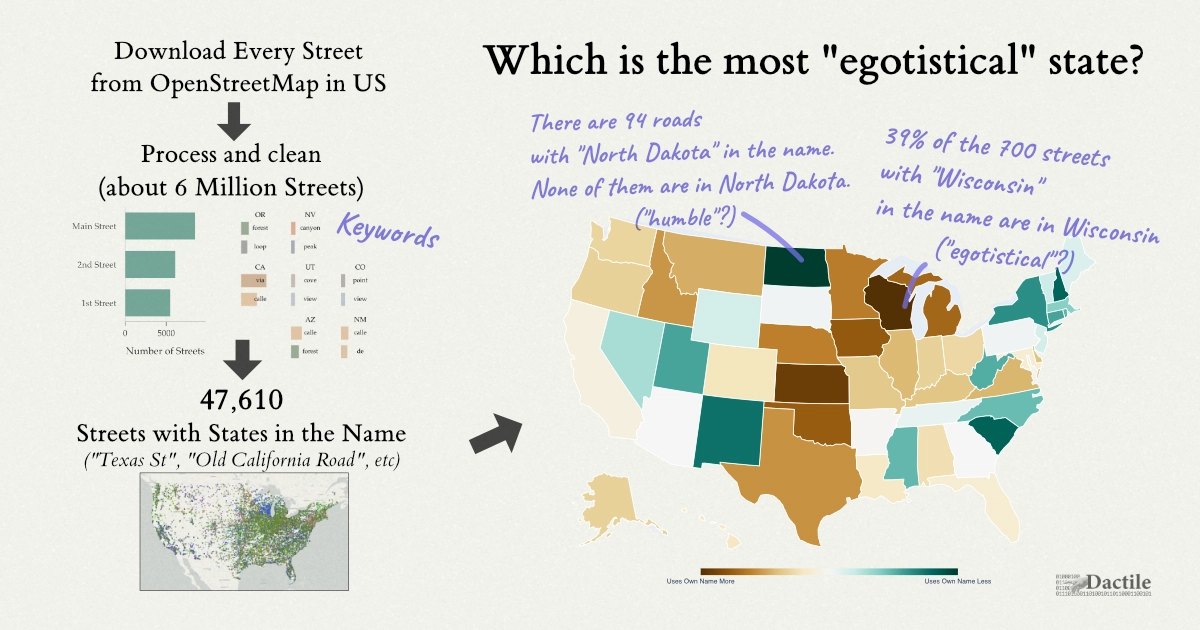Let’s examine your grievances.
“It seems like Kobo has been resting on their laurels for years now. There was a time when they were regularly expanding their store into more countries and taking over other failed ebook stores, but that hasn’t happened in a long time.
And their ebook catalog is seriously lacking in some areas, especially when it comes to color content for their color ereaders, and it doesn’t seem to be getting better.”
Well, we got Kobo Plus, Overdrive Audiobooks, Dropbox etc. available in Denmark, which is a very small, tiny market. I’m not a user of any of the offerings, except Dropbox, and I could argue that Denmark is not an important market, I think these examples document Kobo actually are introducing features, trying to make them consistent across territories, and not resting on their laurels.
Are there any failed ebook stores to be taken over? I am by far no expert, but I’d like to know if any are left. And would we not want to make sure that such takeovers make strategic and economic sense before buying?
Which countries are not served? You may have point but you don’t seem to provide evidence. Again, such a move needs to make sense from Kobo’s point of view. Growth only for its own sake is not encouraged these days.
The complaint about their ebook catalog lacking is imho just a variation on the old remark about the Apple ecosystem containing more apps than the competitors and therefore by default being superior.
Kobo does lack the width and breadth of Amazon, but shop with Google Play Books; they’re reasonably priced and easy to get into any ereader via Calibre.
And who wants colour anyway? Don’t we all complain about that fad? You also state as a grievance that Kobo refuses to release b/w ereaders. Do you want to have your cake and eat it too?
Are other vendors doing better? I think not, but please, I might be wrong.
“Furthermore, they have the most uncreative sales strategy ever. When it comes to deals on Kobo ereaders, they just keep doing the same $20 off sales a few times a year. They never do “big” sales. Even their Black Friday sales are just the same old $20 off deals that they always do. They never do trade-in deals or special upgrade promotions for long-time customers. They used to offer a lot of coupon codes for discounts on ebooks, but now the codes are much less frequent and less effective and they usually only apply to a certain list of books.”
Yes. I would like more sales and coupons. That might actually induce me to buy at the Kobo Store. Like I used to do. As it is, I buy at Google Play Books. But I would also like more sales and discounts in the grocery store, in the bookshop, in the bikeshop, at the gas station etc. This seems a grievance we can apply to just about everything.
“Kobo ereaders no longer support using multiple libraries through OverDrive. They removed the OverDrive login option awhile back so it’s no longer possible to use multiple library cards.”
As I understand it, this situation was initiated by Overdrive. While we can debate whether Kobo has failed to handle the situation satisfactorily, they did not make the decision.
“Kobo has raised the prices of their ereaders post release twice in the past two years now. People can point the finger at tariffs for this, but the fact is Amazon hasn’t raised the price of existing Kindles and Barnes and Noble hasn’t raised the price of Nooks during the same time frame.”
Price of eggs, butter, meat, gas, electronics etc has gone up. I suspect the reason why B&N has not raised their prices is that they seem to reuse very old (ancient) casings.
“Kobo refuses to release new BW models, despite countless requests for a Libra BW from customers. Right now Kobo only sells one current BW model. The Elipsa 2E had an outdated screen when it was released two years ago, and the Kobo Sage is 4 years old now and they stopped selling it in the US months ago. One basic 6″ BW model and that’s all we get.”
I guess they do what their market research tells them to do whether we like it or not. Personally I’d love, love, love to get my hands on a KA1 successor; b/w screen, 8”, 32gig, flush bezel, no buttons, no note taking device. But I have to accept that the probability of that happening, even though I’ve alerted Kobo to my interest, is very limited. I guess they’re slimming down their portfolio in the interest of cutting cost
And imho, many companies offer products with outdated technology. Just to mention one example, your smart tv is generally only equipped to handle the OS with which it was shipped. I think Amazon Kindles have also been called out for reusing old hardware – and on this blog too, iirc. Also see my remark regarding B&N.
“Kobo’s price match guarantee is no longer guaranteed on certain books.”
Their books are too expensive. Agreed.
“Kobo’s software updates have gone downhill over the past two years, with fewer new features getting added and more bugs getting introduced. They’ve only released one main update over the past year, when they used to release updates every few months, and the latest software update notoriously bricked a number of devices. To Kobo’s credit, I’ve seen a few reports of people getting sent new Kobos because of that, but it doesn’t look like they’ve actually fixed the problem with the software update yet.”
So, what features do you think are needed? Some of us might not agree, or we might agree, but please be open to the possibility that some of us only want to read on our ereader, and everything else is an unwanted distraction.
Regarding updates bricking devices I have not had any problems with my KA1 nor my LC2. Sorry for the folks who have experienced this as I know how frustrating it is from other products I own, where software updates have bricked hardware or caused major distress. In comparison, Kobo in my experience have been near flawless.
“They added some new accessibility features, including a screen reader, but it turns out they are very difficult to use and require different software with less features than the standard software, and the accessibility software is only available in Europe for some reason.”
Here they add a new feature, which you claim they never do. The implementation may be clumsy and botched, but it seems to me that Kobo are at least trying to be innovative.
“Kobo’s US distribution has worsened since their Walmart partnership ended. Now they only have one US partner, BlueProton, who regularly charges above MSRP for Kobo’s devices in the US. And they aren’t available in any retail stores to test before buying. Kobo launched their own Amazon store earlier this year, but they inexplicably don’t sell their ereaders from there, only covers.”
Well, this is entirely a question about which strategy Kobo, or any company, wants to pursue in terms of distribution and selling of their products. And what is within their reach. Could/Should they do better. Probably. But this is not in any way whatsoever related to entshitification.
Fyi; B&N are completely unavailable in Denmark. Is this a sign of enshitification?
“Kobo no longer allows refunds on downloaded ebooks. On one hand this seems logical, but the problem is Kobo ereaders and apps automatically download ebooks after you purchase them, and once that happens you can no longer get a refund.”
Not sure I understand this point . Do the ereaders download books you don’t want, or what are you saying?
“No more cash back on purchased ebooks and audiobooks. This seems to be another recent change for the worse.”
I don’t understand your point here, either.
“Here’s another one to add to the list. The Kobo Desktop app has apparently been discontinued without any explanation.”
Oh, the nerve of Kobo to discontinue the Desktop app! Well, we have become used to desktop apps but why should a company provide and maintain apps for Windows or Apple desktops in a time where desktops are more and more replaced by Android and Apple phones? Would it not be simpler, and cheaper, to just go to a website rather than maintain desktop software? You can just as easily purchase books on a website and download updates for the ereader from the website.
Cory Doctorow defines enshitification as 1) company offers product consumers like so consumers come. 2) company changes product to attract advertisers to increase revenue. 3) company product is now of no value to customer because of changes implemented due to advertisers’ requirements taking over, and ultimately company will fail because customers leave the product.
I think the real story behind this is that Kobo are turning every nickel and dime three times over to save money. And they’re trying very hard to carry only the devices that make them the largest amount of money. All ebook companies are fighting with tablets and phones for sales. That is why we see such products as e-ink devices in a phone form factor and this drive to sell colour screens and note taking capabilities. Hardcore readers don’t want them but the marketing departments tell the companies that this will sell.
.png)




